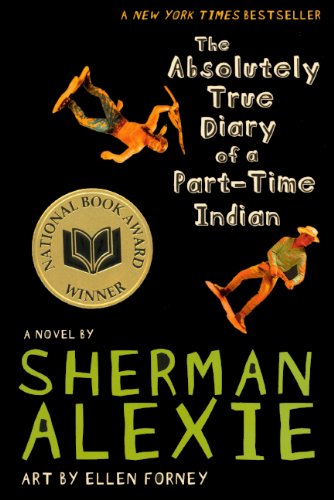
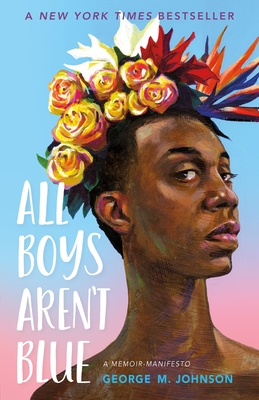
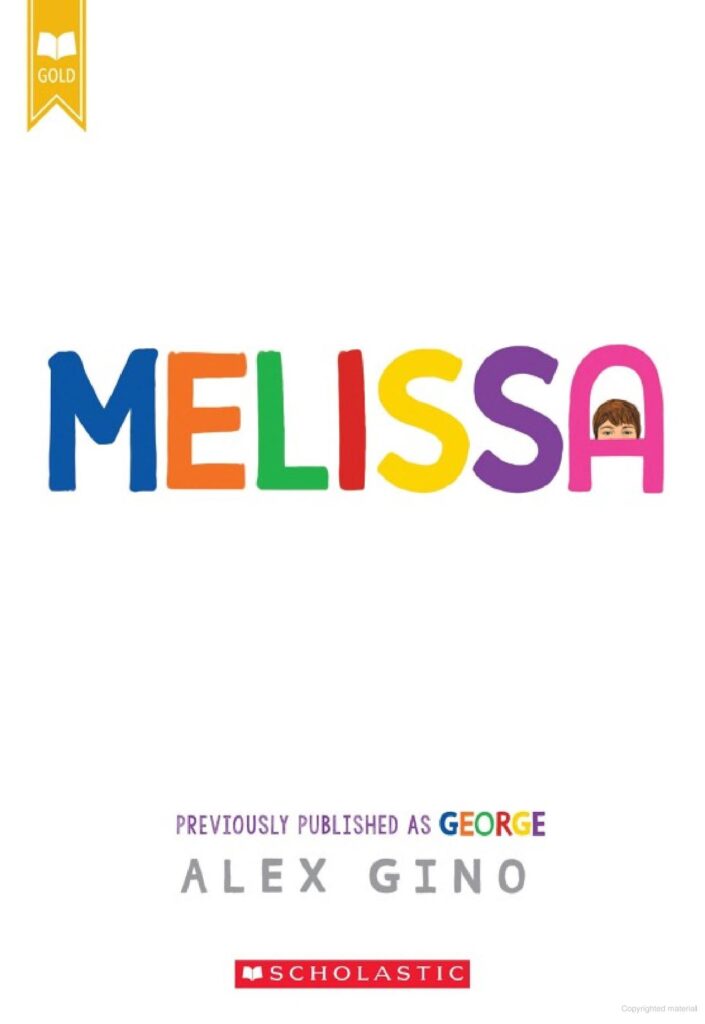
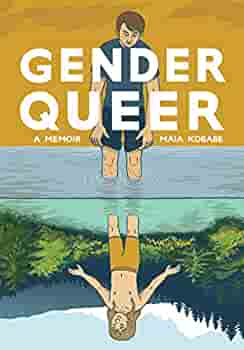
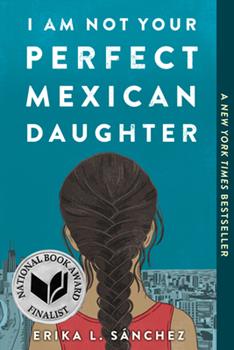
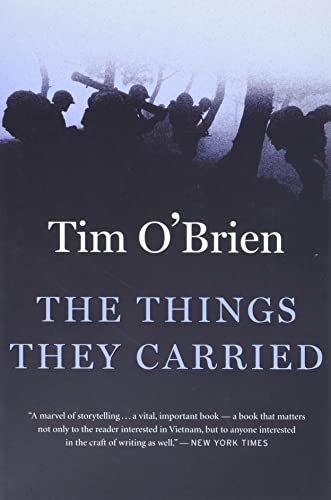
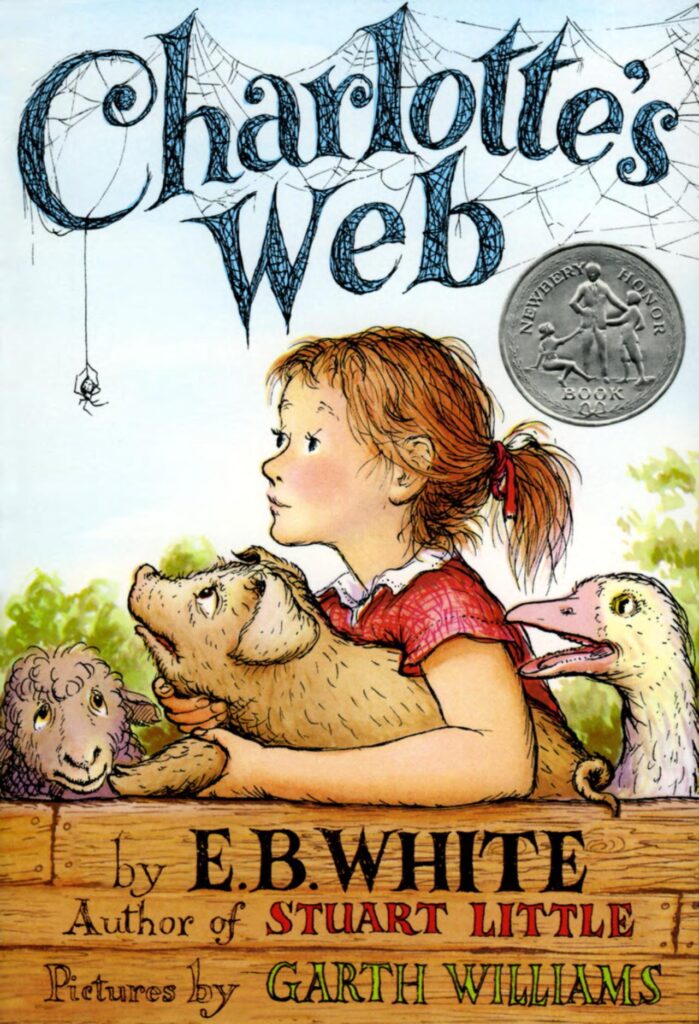
When we talk about the right to read, you might be surprised to learn that the debate surrounding control over students’ access to books in schools is rooted in Constitutional principles. The Constitution forms the foundation for students’ rights to receive information through books and curriculum at school, parents’ rights to control how their own children are raised, and the state’s right, exercised through the legislature or local school boards, to establish policies or laws dictating permissible content within the school premises. When these constitutional rights collide, the question arises: Is it possible to strike a balance among the conflicting interests of parents, students and the state?
This Constitutional Clash has unfolded recently in Iowa. A vocal minority of parents, often associated with Moms for Liberty, loudly assert that parents wield the authority to determine which books students can access at school. This group, which we’ll call “The Banners,” believes that their views on appropriateness should shape the educational experience for all kids in a school, not just their own children. The Banners are easily offended by LGBTQ+ content and don’t want students to read about societal or racial inequities. According to them, the solution is to strip references to these narratives out of the school by whitewashing history, censoring classroom content and banning books from public school libraries.

This stance sharply contrasts with the majority of parents, whom we’ll call “The Woke Parents.” These parents advocate for the freedom to determine what is suitable for their own children without imposing those choices on the entire student body. The Woke Parents trust teachers and librarians to make informed decisions regarding books and curriculum, expressing confidence that educators will offer access to inspiring, inclusive and age-appropriate content that prepares kids to thrive in a diverse world. And, if they have concerns about particular books, the Woke Parents work with the school to determine what’s appropriate for their own students.
From 2020-2022, in most instances, including in Johnston, Urbandale, West Des Moines, Carroll, and Perry public schools, when The Banners brought their grievances to schools and demanded removal of the books they objected to, the schools initiated reconsideration processes that ultimately led to retention of the books. Undeterred, The Banners leapfrogged over the school districts and went straight to the legislature, leading to the swift passage of SF496 in May 2023. This legislative action stripped schools of their autonomy to determine the appropriateness of books. So much for limited government and local authority, right?
This sets up our Constitutional Clash, pitting the constitutionally protected right of parents to direct the upbringing of their children (as advocated by The Banners) against the First Amendment right of students to not have the school censor their books and curriculum (as championed by The Woke Parents). Sprinkle in a bit of government overreach in the form of legislated book bans (SF496) and there’s a lot of law to unpack here.
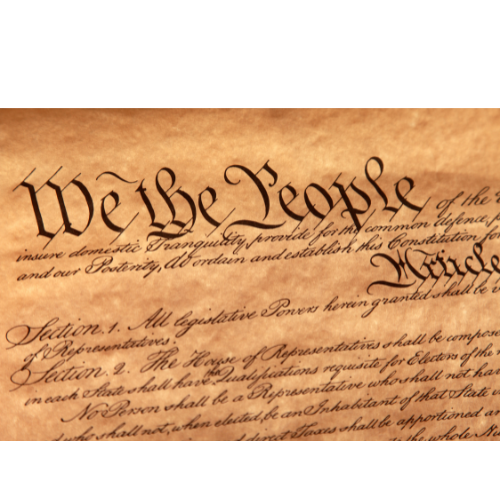
We’re going to dig into these constitutional rights by looking at Supreme Court cases. For each case, I will answer the following questions:
- Why were the two parties mad at each other?
- What legal precedent did the Supreme Court set and how might that apply to books in schools?

Buckle up for a bit of a wild ride! Trampling on constitutional rights is not for the faint of heart and the bad guys somehow always seem to be involved. The cases that we are going to examine involve state-sponsored anti-immigrant hate, the KKK, and a healthy dose of white Christian nationalism.